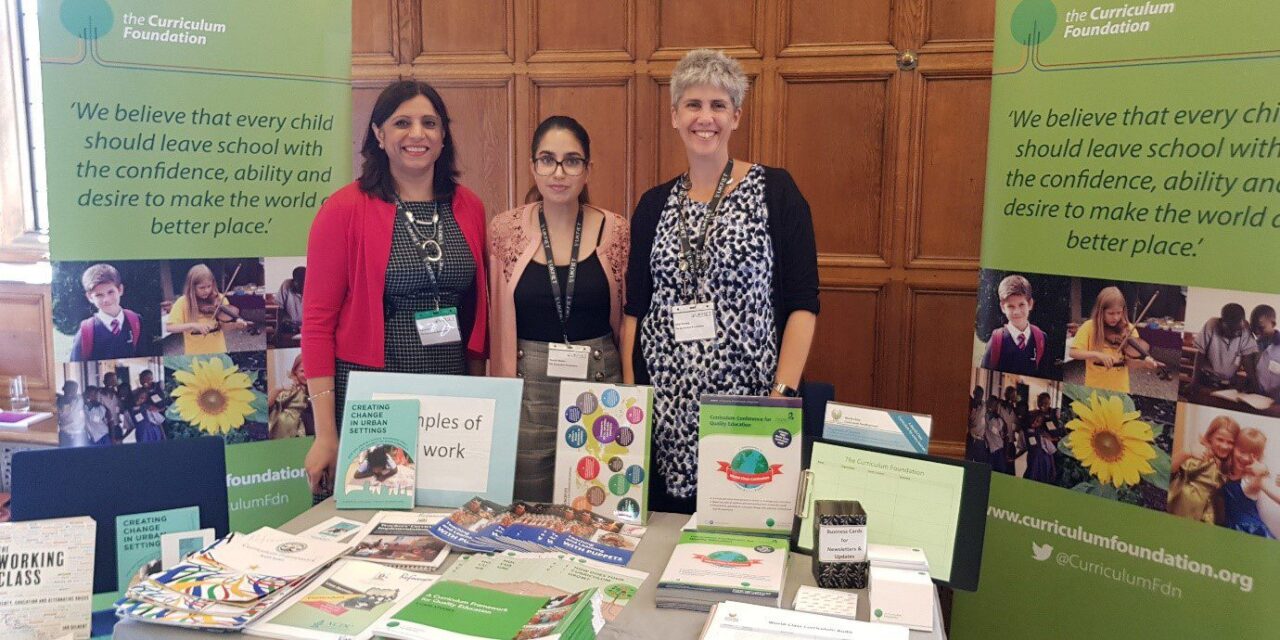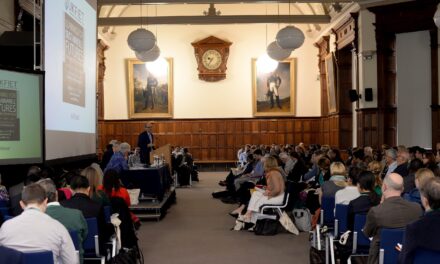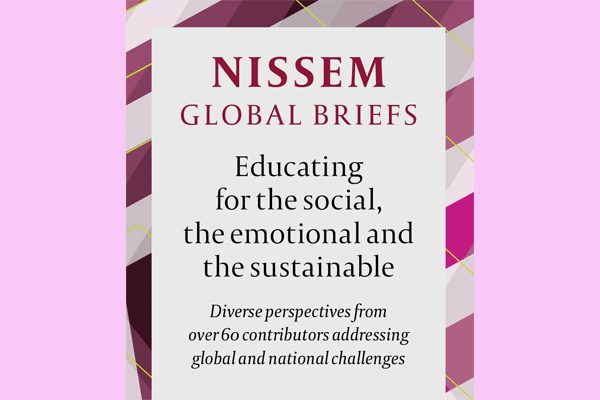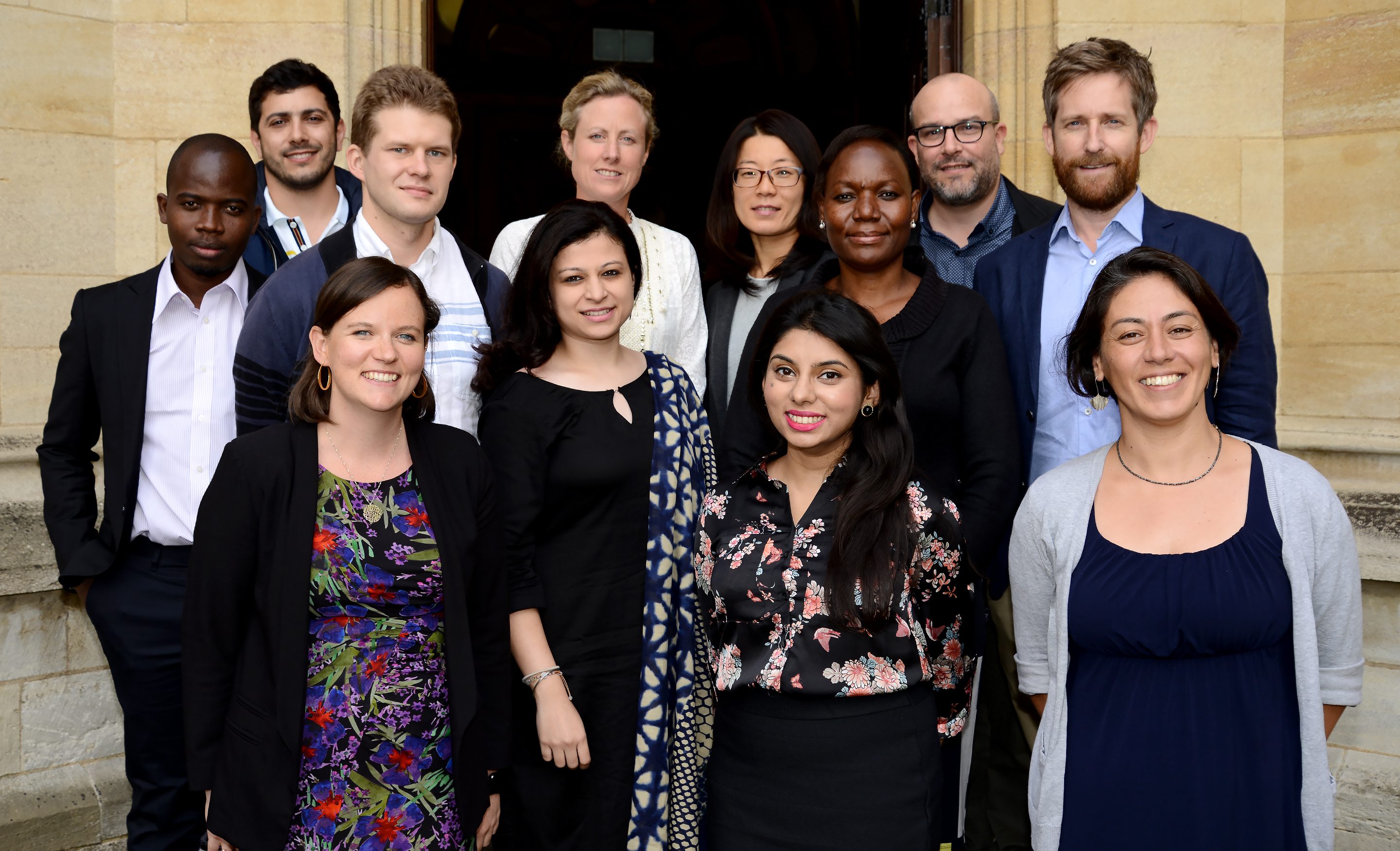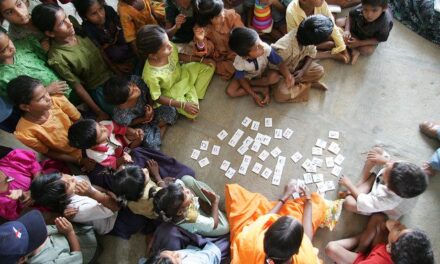This blog was written by Curriculum Foundation and originally published on their website on 2 December 2019.
During UKFIET 2019 this year we were pleased to present a paper on the benefits of embedding Social and Emotional Learning (SEL) across the curriculum. Narinder Gill spoke about the importance of embedding cross-cutting issues such as Peace Education and Critical Thinking throughout all subjects and areas of learning. The abstract is presented below.
As a further contribution to the conference which featured discussions of inclusion and equity, Vikki Pendry submitted a paper as part of the NISSEM Global Briefs resource detailing how SEL has been included in new teaching and learning materials in South Sudan.
For further information about this approach to curriculum design and planning, please get in touch admin@curriculumfoundation.org or via @CurriculumFdn
UKFIET 2019 Abstract – Embedding Social and Emotional Learning across the Curriculum in South Sudan – Narinder Gill
New country? New curriculum! South Sudan is the newest country in the world. Since 2013, the Curriculum Foundation has supported the Ministry of Education to create and implement a new curriculum to promote peace, prosperity, growth to prepare young people for their changing life ahead.
In view of the challenges and opportunities of a post-conflict country in an increasingly globalised world, the new curriculum aims to help young people develop the confidence, desire and ability to make their world a better place.
To address the essential need for pupils to develop social and emotional skills in preparation for an uncertain future, a curriculum framework was developed, built upon a clear set of related values and principles of curriculum design, for life-long learning and global citizenship.
The Framework embeds Peace Education and Life Skills as cross-cutting issues in all subjects as well as competencies of communication, critical thinking and co-operation. Teaching Standards in relation to safeguarding, the learning environment, role-modelling and relationship-building are reflected in Teacher Guides to the new Text Books.
South Sudanese culture and heritage are key elements of the new curriculum, placing learning in a familiar context, thus establishing an emotional connection to what is learned, and developing confident, explorative learners. Individual School Programmes within the curriculum will help develop community cohesion, as well as the use of mother tongue as the language of instruction until Primary 4.
A greater focus on formative assessment allows teachers to understand pupils’ needs and give them more effective support. Teaching and learning activities in teacher training materials and text books have been designed to provide much more opportunity for debate, freedom of expression and collaboration.
The key to all this is the Curriculum Framework and wide stakeholder engagement.

